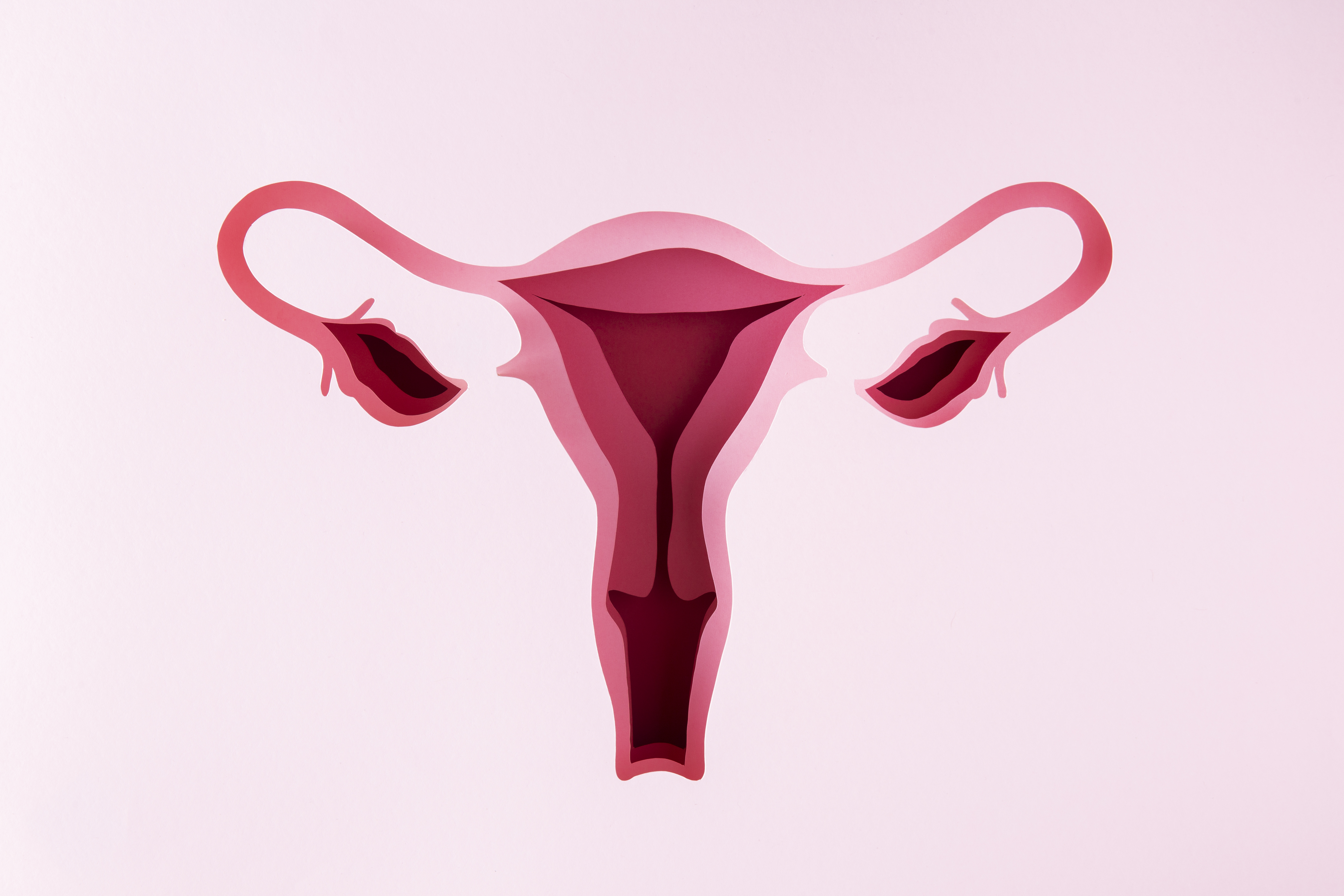Definition
Every expectant mother dreams of a healthy pregnancy. One of the indicators of a healthy pregnancy is the absence of diseases that could harm the mother and fetus. Common infectious diseases that pregnant women in Indonesia experience include TORCH infections, which is an acronym for Toxoplasmosis, Other Infections (such as HIV, syphilis, parvovirus, varicella, and Zika), Rubella, Cytomegalovirus, and Herpes Simplex Virus, as well as hepatitis B and malaria.
TORCH Infections
TORCH infections can develop while the fetus is still in the womb or shortly after birth. If a pregnant woman contracts a TORCH infection, there is a risk of transmitting the infection to the fetus during pregnancy, during delivery, or to the newborn after birth. TORCH infections contribute to 2-3% of congenital birth defects and can increase the risk of miscarriage, preterm delivery, and stillbirth.
Hepatitis B Infection
Hepatitis B infection remains a global health issue, and Indonesia is one of the regions endemic to hepatitis B. The infection spreads rapidly, often occurring during pregnancy through the placenta.
The World Health Organization (WHO) estimates that 2 million people have been infected with the hepatitis B virus at least once in their lifetime, and there are 350 million people worldwide with chronic hepatitis B infection. If left untreated, hepatitis B can progress to severe complications, such as liver cancer.
For additional information about Hepatitis B, click this link: Hepatitis B - Definition, Cause, Symptom, And Treatment.
Malaria Infection
Malaria is an infection caused by the Plasmodium parasite, transmitted by female Anopheles mosquitoes. Malaria in pregnant women primarily occurs in endemic regions like Indonesia and several countries in Africa. If a pregnant woman contracts malaria, it may lead to congenital disabilities, severe anemia, and low birth weight in the baby.
Causes
During pregnancy, a woman's body becomes more susceptible to diseases, including infectious diseases. The immune system of a pregnant woman is generally not as strong compared to that of non-pregnant women, causing her to be more susceptible to infections such as TORCH, hepatitis B, or malaria.
Risk Factor
The risk factors for infections during pregnancy include:
- Weakened immune system
- History of infections in previous pregnancies
- Family history of infections during pregnancy
- Increased glycogen production in pregnant women
- Elevated estrogen levels
- Poor nutrition during pregnancy
- Insufficient sleep during pregnancy
- Stress, both physical and psychological
- Living in areas endemic to hepatitis B and malaria
- Maternal age over 35 years
- History of multiple sexual partners before pregnancy
- History of drug use before pregnancy
- Direct contact with animal feces, especially cat feces, during pregnancy
- Consumption of undercooked foods during pregnancy, such as sashimi, satay, or raw vegetable dishes
- Use of non-sterile needles before pregnancy
Symptoms
The symptoms of infectious diseases during pregnancy, whether TORCH infections, hepatitis B, or malaria, generally present similarly as signs of an infection in the body, including:
- Fever
- Fatigue
- Skin rashes
- Jaundice (yellowing of the skin and eyes)
- Nausea and vomiting
- Diarrhea
- Joint pain
- Headache
However, it is important to note that not all symptoms may be present simultaneously.
Diagnosis
It is possible to diagnose infections during pregnancy during regular prenatal checkups through medical interviews, physical examinations, and additional tests.
Physical Examination
After conducting a medical interview, the doctor will perform a physical examination to assess general health, including checking blood pressure, body temperature, respiratory rate, and pulse. A thorough examination from head to toe may also be performed. Additionally, the doctor will measure the height of the uterus to help estimate the size of the fetus and determine if it aligns with the gestational age.
Ultrasound Examination
The doctor may also conduct an ultrasound examination to assess the fetus's condition, the placenta, and blood flow from the mother to the fetus.
Laboratory Tests
Further, a complete blood count can be done to measure suspected viral levels and HBsAg to detect TORCH and hepatitis B infections. A peripheral blood smear test can also detect the presence of Plasmodium parasites in the blood, indicating malaria infection.
Management
Treatment and management of infections in pregnant women, whether TORCH infections, hepatitis B, or malaria, generally involve:
- Treating the infection with safe medications for use during pregnancy to minimize complications for both the mother and fetus
- Monitoring through regular prenatal check-ups, including ultrasound examinations and laboratory assessments
- Considering delivery by cesarean section to reduce the risk of disease transmission from mother to fetus
- Considering hospitalization in facilities with a Neonatal Intensive Care Unit (NICU) for the newborn
Complications
Complications from infections in pregnant women may include:
- Low birth weight (LBW)
- Preterm delivery
- Stillbirth
- Difficulty or inability to breastfeed directly due to certain diseases that can be transmitted through breastfeeding
- The baby being infected, potentially resulting in congenital disabilities such as congenital cataracts, hearing loss, microcephaly, growth retardation, developmental delays, learning disabilities, cerebral palsy, and asthma
- The mother being separated from the baby for a period after birth
- Extended hospitalization for the mother and newborn due to the need for post-delivery monitoring
Prevention
Preventing infections in pregnant women, whether TORCH infections, hepatitis B, or malaria, can be achieved by:
- Maintaining reproductive organ hygiene before pregnancy
- Avoiding multiple sexual partners before pregnancy
- Avoiding the use of needles and drugs before pregnancy
- Undergoing TORCH and hepatitis B screening before marriage or planning a pregnancy
- Avoiding travel to malaria-endemic areas; if travel is necessary, consult a doctor first
- Regular prenatal check-ups
- Hepatitis B vaccination
- Reading educational materials about infections in pregnant women before or during pregnancy planning
When to See a Doctor?
A pregnant woman should see a doctor immediately if she experiences symptoms of infection, especially if she has risk factors for infections during pregnancy. She should consult an obstetrician and gynecologist.
Looking for more information about other diseases? Click here!
- dr. Alvidiani Agustina Damanik
Cleveland Clinic - TORCH Infections. (2022). Retrieved 8 November 2022, from https://my.clevelandclinic.org/health/diseases/23322-torch-syndrome
MSD Manuals - Infection during Pregnancy. (2021). Retrieved 8 November 2022, from https://www.msdmanuals.com/home/women-s-health-issues/pregnancy-complicated-by-disease/infections-during-pregnancy
Navabakhsh B., et al., (2011). Hepatitis B Virus Infection during Pregnancy: Transmission and Prevention. Retrieved 8 November 2022, from https://www.ncbi.nlm.nih.gov/pmc/articles/PMC4154922/
Schantz-Dunn J., Nour NM., (2009). Malaria and Pregnancy. Retrieved 8 November 2022, from https://www.ncbi.nlm.nih.gov/pmc/articles/PMC2760896/
WebMD - What is TORCH Syndrome? (2022). Retrieved 8 November 2022, from https://www.webmd.com/children/what-is-torch-syndrome











